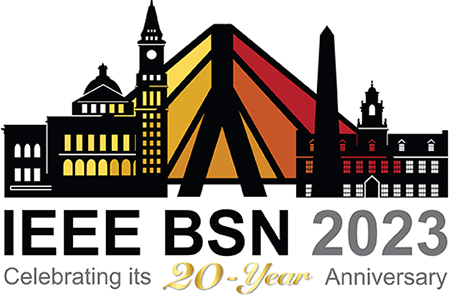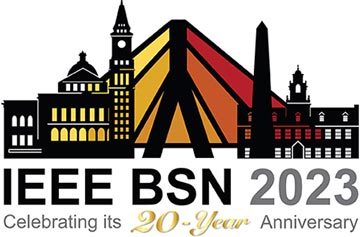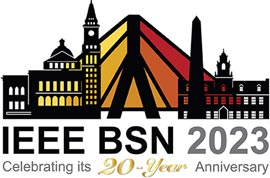Smart Publishing
Description:
In the era of networked societies and the ascent of artificial intelligence (AI) algorithms, we find ourselves amidst transformative changes in the realm of scientific publishing. We extend a cordial invitation to esteemed editors in the field to delve into the realm of “Intelligent Publishing.” Our objective is to unravel the nuances of the shifts, challenges, and opportunities that scientific publications encounter in this contemporary era. The panel discussion will encompass an array of subjects, including but not limited to:
- Harnessing Multimedia for Wider Dissemination: How can multimedia elements like short video clips and PowerPoint slides be leveraged to facilitate broader knowledge sharing?
- Promoting Gender Equity in Clinical Trials: Exploration of the theme of gender equality in clinical trials. For example, this wonderful essay serves as a case in point.
- The Influence of Social Media on Young Researchers: An examination of the impact of social media platforms like Twitter or Instagram on the younger generation of researchers. The discussion will touch upon the significance of various metrics, be it references or Altmetric scores, supported by statistical insights.
- The Evolution of Citations as Incentives: Delving into the role of citations as motivational tools for young, early-stage researchers. The discourse will also contemplate the impact of citations and journal name values on the pursuit of faculty or researcher positions.
- ChatGPT’s Role in Scientific Publishing: An exploration of the role of ChatGPT in the composition of scientific papers. The dialogue will delve into whether ChatGPT should be restricted from scientific writing or embraced as a valuable instrument.
The panel proceedings will commence with a succinct presentation by a distinguished editor, enriched with statistical evidence drawn from their own or other reputable journals (15 minutes, followed by a 5-minute Q&A session).
The talk will be followed by a dynamic panel discussion featuring esteemed editors and researchers, fostering a comprehensive exploration of the aforementioned themes (20 minutes, followed by a 10-minute Q&A session).
Organizers:
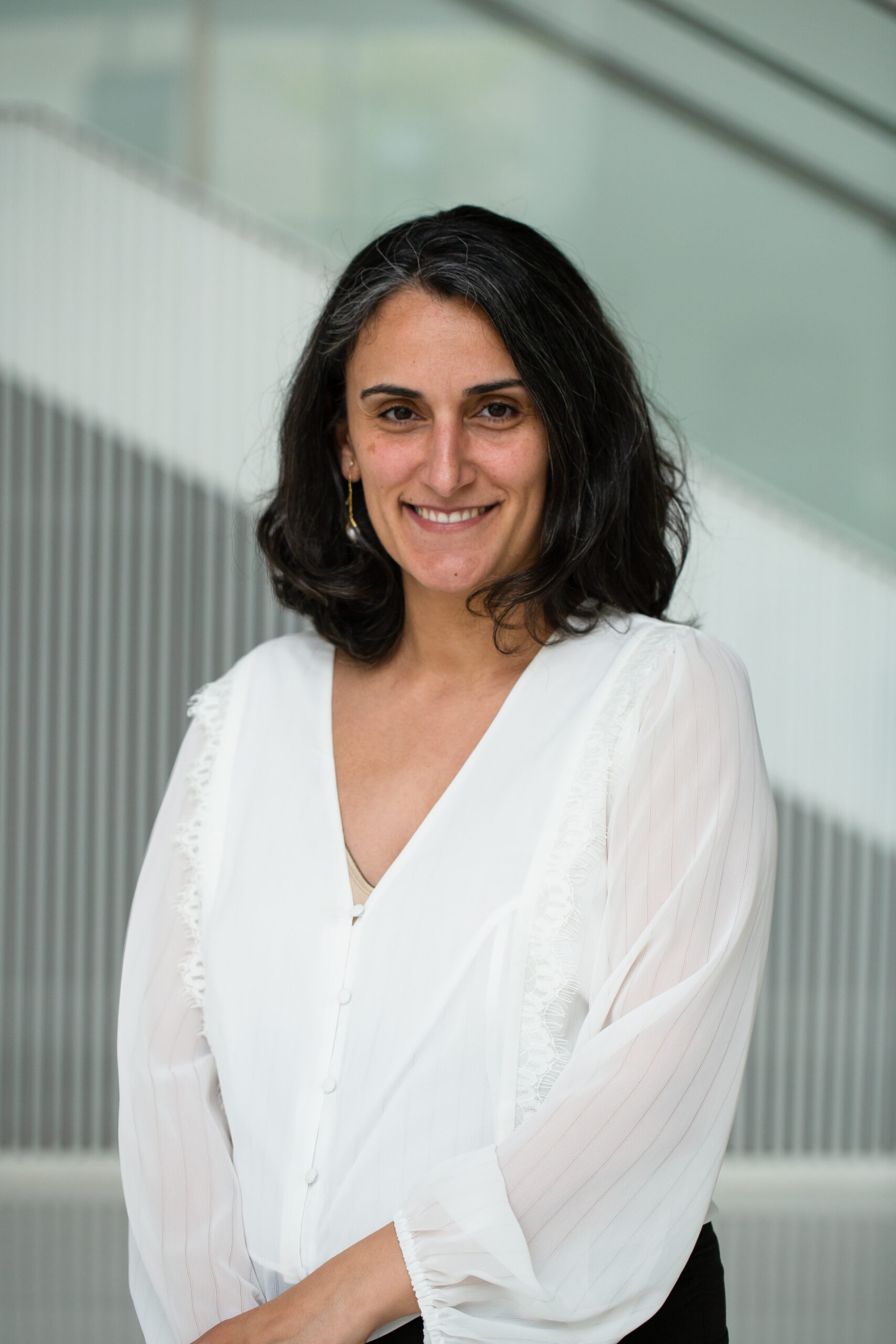
Canan Dağdeviren, Associate Professor, MIT Media Lab
Canan Dagdeviren is the LG Career Development Professor of Media Arts and Sciences at MIT Media Lab, where she leads the Conformable Decoders research group. The group aims to convert the patterns of nature and the human body into beneficial signals and energy.
Dagdeviren earned her Ph.D. in Materials Science and Engineering from the University of Illinois at Urbana-Champaign, where she focused on exploring patterning techniques and creating piezoelectric biomedical systems. Her collective Ph.D. research involved flexible mechanical energy harvesters, multi-functional cardiac vessel stents, wearable blood pressure sensors, and stretchable skin modulus sensing bio-patches. As a Junior Fellow of the Society of Fellows at Harvard University, she conducted her postdoctoral research at the MIT David H. Koch Institute for Integrative Cancer Research. Here, she designed and fabricated multi-functional, minimally invasive brain probes that can simultaneously deliver drugs on demand and electrically modulate neural activity precisely and selectively for the treatment of neurological disorders, such as Parkinson’s disease. Dagdeviren’s work has been featured in many media outlets, including TIME, Washington Post, Smithsonian Magazine, Popular Mechanics, CBS News, BBC News and Physics World. In 2015, MIT Technology Review named her among the “Top 35 Innovators Under 35” and Forbes selected her as one of the “Top 30 Under 30 in Science”. Recently, Dagdeviren has been named as a Spotlight Health Scholar by Aspen Institute and World #1 in Medical Innovation Category of Ten Outstanding Young Persons of the World (TOYP) by Junior Chamber International. In 2016, Dr. Dagdeviren was awarded the Science & Sci Life Prize for Young Scientists in Translational Medicine Category and invited to attend Nobel Prize Ceremony in Stockholm, Sweden. Recently, Dr. Dagdeviren has been named as 2017 Innovation and Technology Delegate by the American Academy of Achievement. In 2019 Dr. Dagdeviren was among 87 of the nation’s brightest young engineers who have been selected to take part in the National Academy of Engineering’s (NAE) 25th annual U.S. Frontiers of Engineering (USFOE) symposium, hosted by Boeing in Charleston, South Carolina.
Panelists:
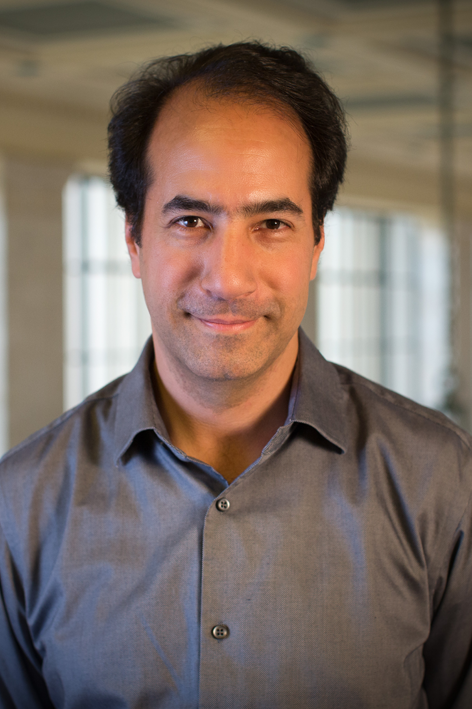
Alan Jasanoff, Professor, Biological Engineering, MIT
Alan Jasanoff is a bioengineer and neuroscientist whose research focuses on studying integrated functions of the nervous system using innovative imaging methods. His work spans aspects of molecular biology, chemistry, engineering, medical physics, and neural systems research, and his development of next-generation functional neuroimaging techniques has been recognized by awards from the NIH and other sources. Before joining MIT as a faculty member in 2004, Jasanoff earned degrees at Harvard and Cambridge Universities and was a Fellow at the Whitehead Institute. At MIT, he has mentored dozens of students and postdocs, many of whom now run successful labs of their own. He is founding Director of the MIT Center for Neurobiological Engineering and leads an NIH-funded training program for neuroengineering graduate students at MIT. In the publishing world, Jasanoff has been an associated editor at ACS Chemical Neuroscience and has served on the Editorial Advisory Board of the MIT Press since 2014. He is also the author of The Biological Mind, a 2018 book that confronts popular myths in neuroscience.
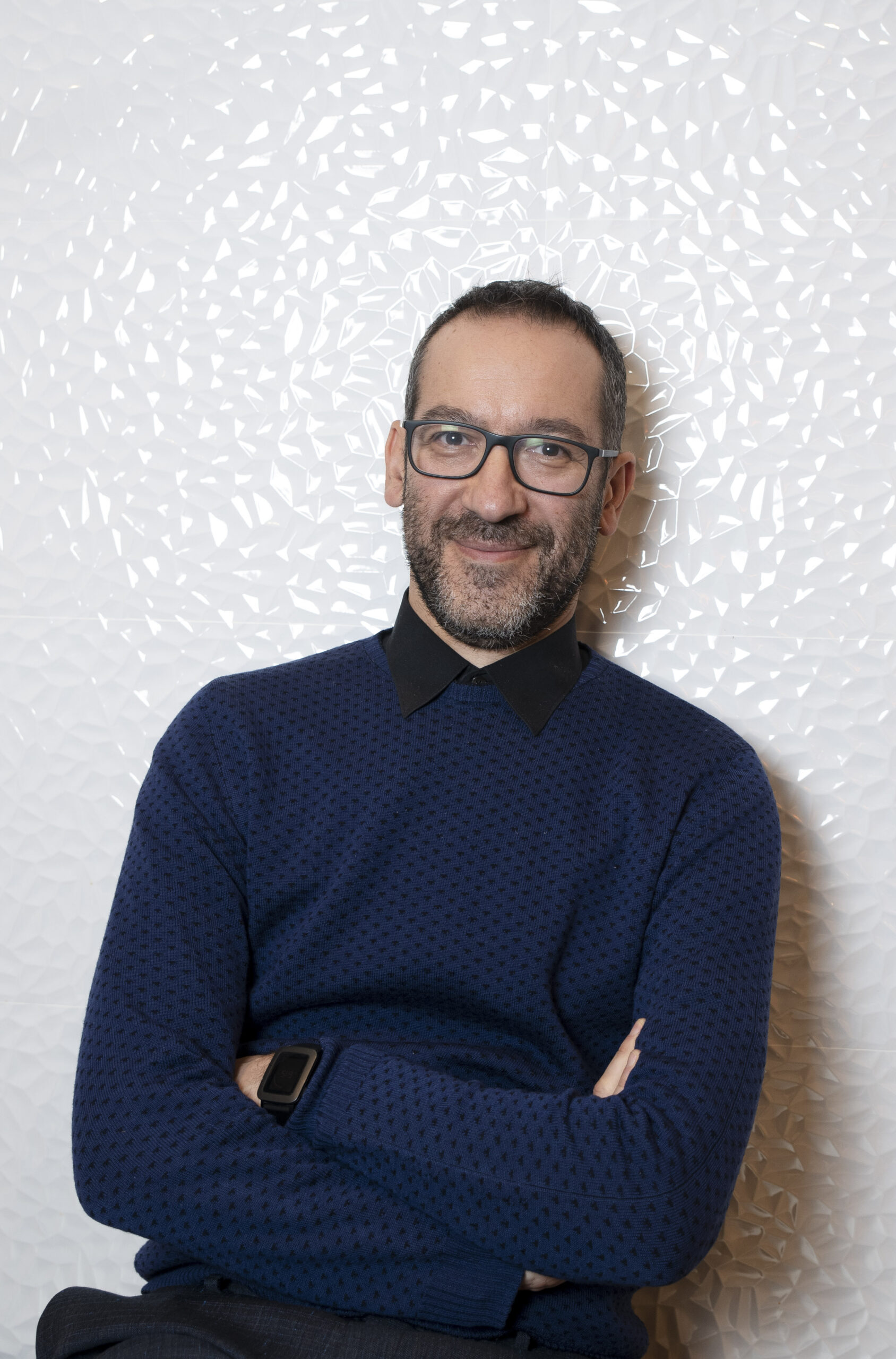
Matteo Cavalleri, US Associate Editorial Director, Materials Science and Physics.
Matteo Cavalleri studied Chemistry at the University of Milan (Italy) and University of Valencia (Spain) before obtaining his Ph.D. in Chemical Physics at Stockholm University (Sweden). After a 3 years’ postdoctoral experience at the Fritz-Haber-Institut in Berlin (Germany), he joined Wiley in 2008 and became Editor-in-Chief of Int. Journal of Quantum Chemistry in 2011. With IJQC, Matteo experimented with various smart publishing innovations, including the first-ever published interactive articles. Matteo is now the US Associate Editorial Director of the Materials Science and Physics group of Wiley, overseeing the operations of the US-based journals in those areas.
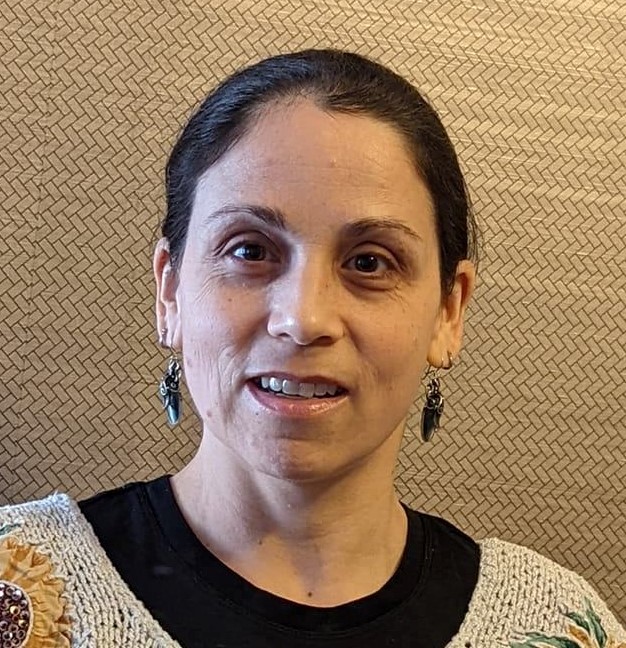
Yevgeniya Nusinovich, Senior Editor, Science
Yevgeniya Nusinovich, M.D., Ph.D., is a Senior Editor at Science, currently handling research papers on cardiology, metabolism, reproduction, medical genomics, and a selection of other biomedical topics. Before coming to Science in 2020, Yevgeniya spent more than eight years as an editor at Science’s sister journal Science Translational Medicine, where she also handled papers on a wide range of topics, including cancer, reproduction, endocrinology, and other areas as needed. She had completed her undergraduate training at MIT, double majoring in biology and chemistry. Her M.D. and her Ph.D. in molecular medicine were both from George Washington University, and she completed a residency in pediatrics and worked with patients at Children’s National Hospital in Washington, DC, before fully switching to an editorial career.
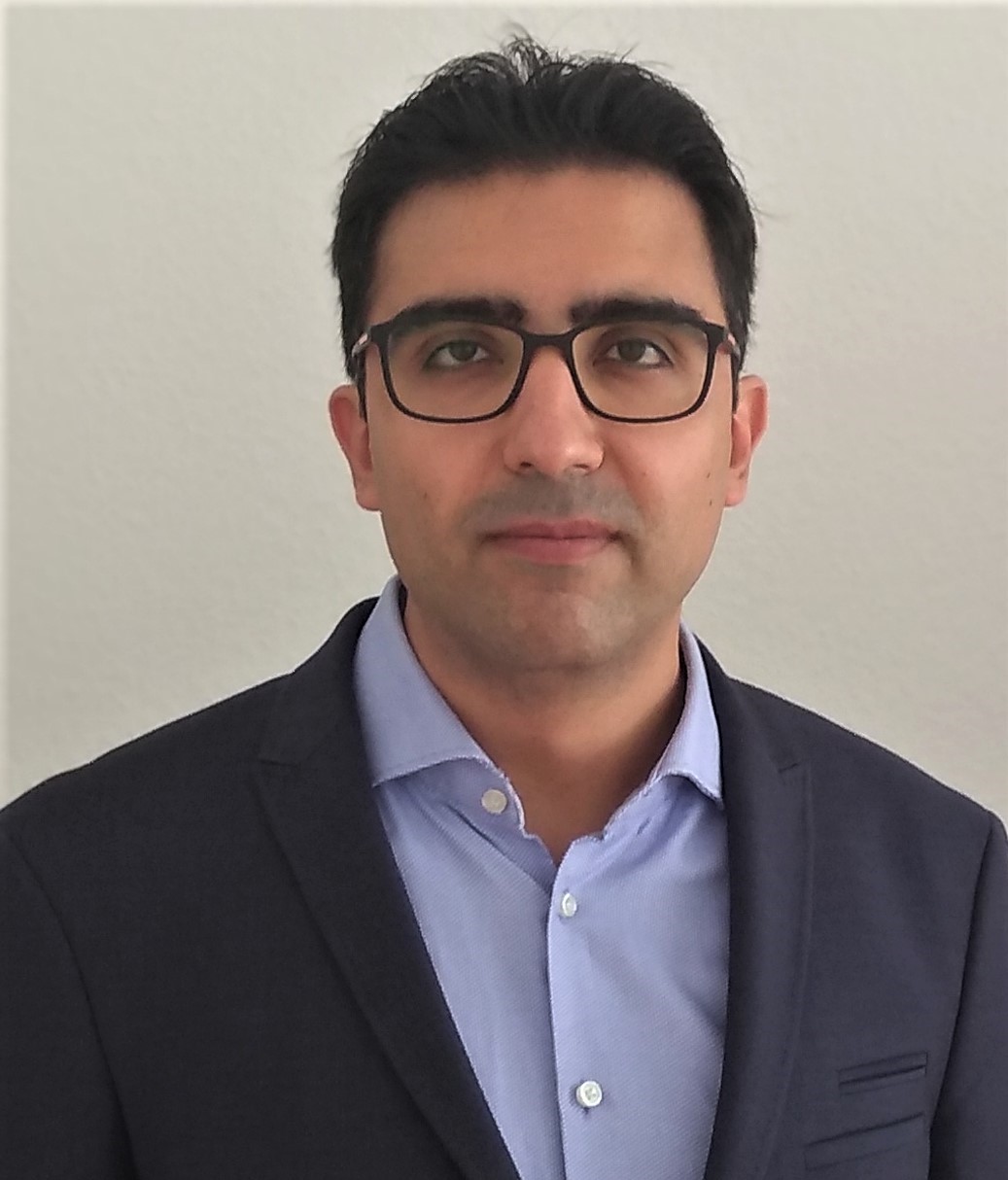
Babak Mostaghaci, Editor-in-Chief, Advanced Intelligent Systems & Deputy Editor, Advanced Materials
Babak Mostaghaci was a researcher at the Helmholtz-Institute for Pharmaceutical Research Saarland, and he obtained his Ph.D. from Saarland University (Germany), where he conducted research on gene delivery. Before joining Wiley in 2017, he was a postdoctoral researcher at the Max-Planck Institute for Intelligent Systems, Stuttgart, in the field of microrobotics. Babak is now deputy editor of Advanced Materials, a prestigious journal in the field of materials science, as well as editor-in-chief of Advanced Intelligent Systems.
